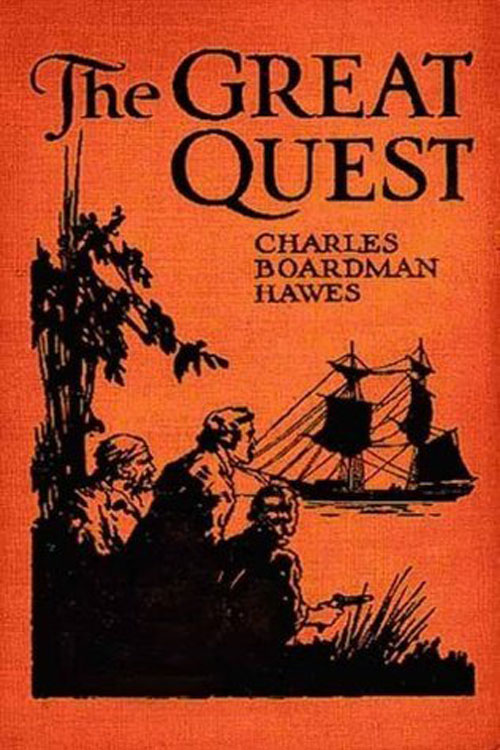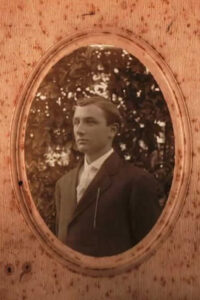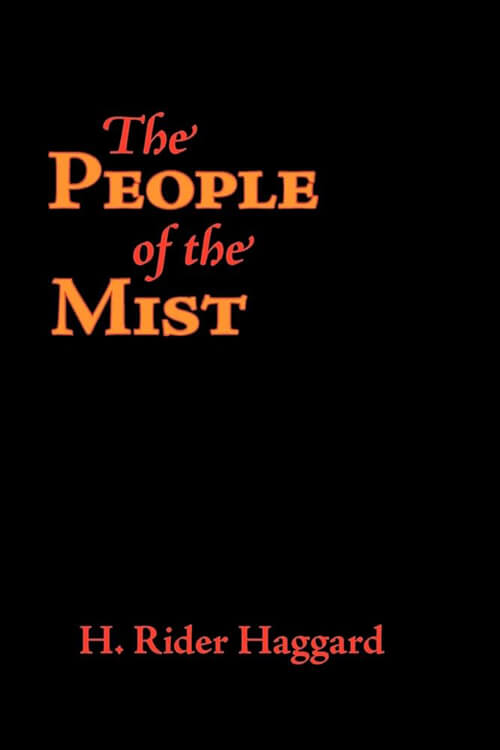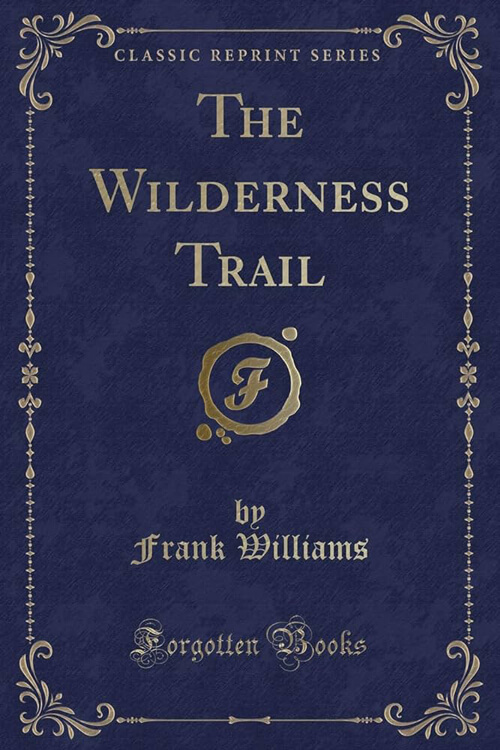
The Great Quest
How long would it be, I wondered, before someone would take charge of the horses we had left on the pier in Boston? I could imagine the advertisement that would appear in the paper and the people’s questions until news of all that had happened came from Topham. Who then, I wondered, would get the team?
Well, all that was done, and we embarked on our great adventure. No human prophet could foretell what was to become of us.
Cornelius Gleazen, who years before had overcome his last attack of seasickness, welcomed me on deck with a rough good nature. Still, something in his manner told me that, from this time on, in his eyes, I was one of the crowd, no further from his favour, perhaps, than any of the others but certainly no nearer it.
To me, so weak from my long sickness that I could scarcely stand unaided, this came like a blow, even though I had completely lost my admiration for the man. I had been so sure of his friendly interest! So confident of my superiority! As I thought of it, I slowly came to see that his kindness and flattery had been but a part of his deep and well-considered plan to work into the confidence of my uncle; that since he had secured his hold upon Seth Upham and all his worldly goods, I, vain, gullible youth, might, for all he cared, sink or swim.
Read or download Book
Charles Boardman Hawes
Charles Boardman Hawes (January 24, 1889 – July 16, 1923) was an American writer of fiction and nonfiction sea stories, best known for three historical novels.
Biography.
He died suddenly at age 34 after only two of his five books had been published. He was the first U.S.-born winner of the annual Newbery Medal, which recognized his third novel, The Dark Frigate (1923), as the year’s best American children’s book. Reviewing the Hawes Memorial Prize Contest in 1925, The New York Times observed that “his adventure stories of the sea caused him to be compared with Stevenson, Dana, and Melville.”
Life
Hawes was the elder son of Charles Taylor Hawes and Martha Tibbetts Boardman. Born in Clifton Springs, New York, he was raised in Bangor, Maine, and graduated from Bowdoin College in 1911, where he was “editor of The Quill and a devoted student of the classics”. He was a graduate student at Harvard for one year, on The Youth’s Companion to 1920 staff, and associate editor of The Open Road to his death in 1923. On June 1, 1916, Hawes married Dorothea Cable of Northampton, Massachusetts, the youngest daughter of the novelist George Washington Cable and Louise Stewart Bartlett. At that time, he lived in Cambridge and worked for The Youth’s Companion.
Hawes’ first book was an adventure novel published by Atlantic Monthly Press and Little, Brown and Company in 1920: The Mutineers: a tale of old days at sea and adventures in the Far East as Benjamin Lathrop set it down some sixty years ago. His second book, The Great Quest: A Romance of 1826, was first runner-up for the inaugural Newbery Medal in 1922, the first American award for children’s books.
Hawes died suddenly of pneumonic meningitis in Springfield, Massachusetts, on July 16, 1923, two days before the publication of Gloucester, by Land and Sea, a 226-page mainly historical book about his chosen home city of Gloucester, Massachusetts. His wife and two sons survived him.
He had recently delivered the completed manuscript of The Dark Frigate, which told the story of Philip Marsham, a 17th-century adventure set in England, Barbados, and at sea. Atlantic published it in October, and it was a Boston Globe fiction best-seller that fall. The children’s librarians voted him “author of the most distinguished contribution to American literature for children.” He was also the winner of the third annual Newbery Medal and the first for a writer born in the U.S.
Hawes Memorial Prize Contest
In September 1923, Atlantic Monthly Press opened a contest with a $2000 prize, plus royalties, for “an adventure story of not less than 60,000 words, of the characters and excellence of the works of the late Charles Boardman Hawes” (quoting a newspaper) The winner was a novel by Clifford MacClellan Sublette, The Scarlet Cockerel (March 1925). His research before writing concerned “the French–Spanish difficulties in Florida”. Sublette was “an agricultural field worker in the summer” who had toured the American West and written adventure short stories. The Press was so pleased with the submissions that it simultaneously published two runners-up and the prize winner. A joint review in The New York Times called them the Hawes Memorial Prize Contest books.






